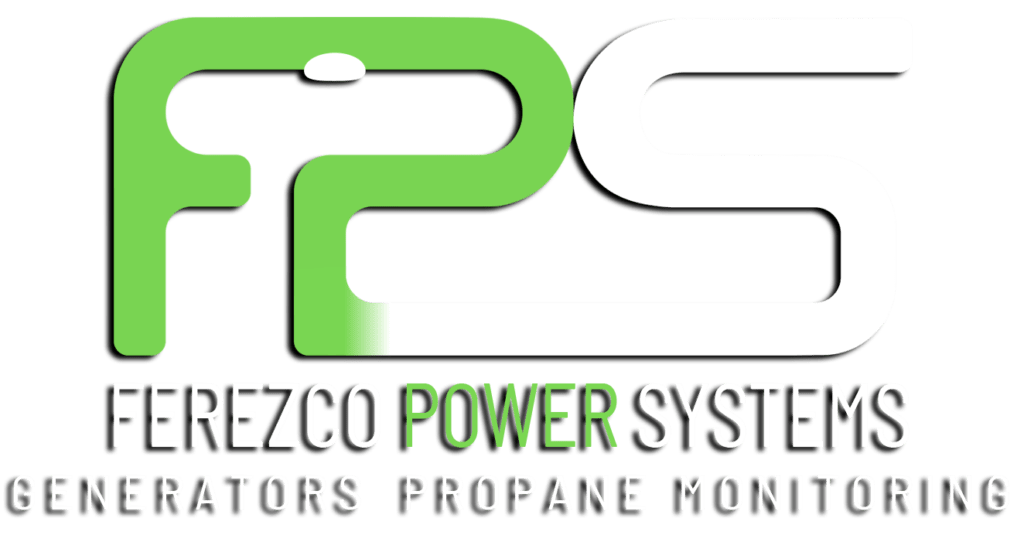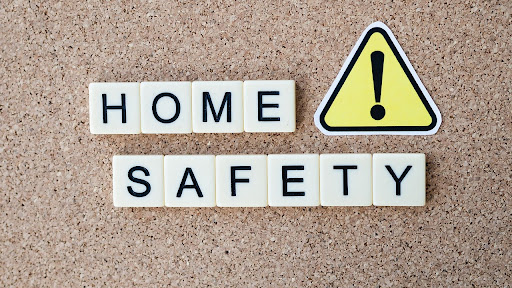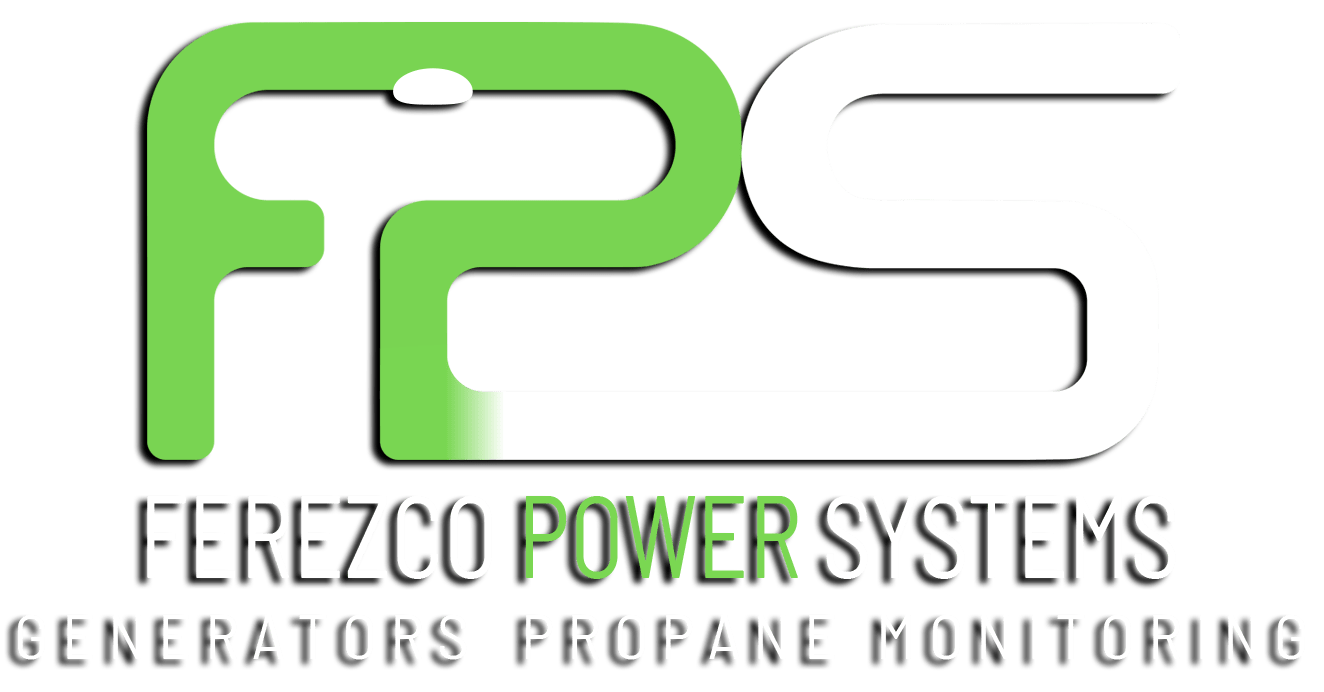Index
- Introduction to Electric Shock Prevention
- Tip 1: Use the Right Equipment and Tools
- Tip 2: Maintain a Safe Environment
- Tip 3: Follow Electrical Safety Guidelines
- Tip 4: Ensure Proper Maintenance of Electrical Systems
- Tip 5: Be Prepared with Emergency Measures
- How Generators and Electrical Systems Work Together
- Conclusion
1. Introduction to Electric Shock Prevention
Electricity is the light and energy that we use to light our houses, run businesses, and everything active during the day. However, when dealt with incorrectly, it becomes risky and can cause serious accidents such as electric shocks. Learning the right measures and about electric shock prevention is important to avoid harm from the risk that comes with it.
Electric shock prevention means much more than a set of technical measures: it exists as a skill in the world. Electric shock involves the passage of live electricity through the electrical circuit, at the touch of a human body. This in turn can result in injuries, burns, or even death.
These risks have to be managed by utilizing the correct tools, adhering to the best practices, and organizing definite system checks. In specialized operations such as home backup generators, outsourcing services such as generator monitoring services guarantee the safest and most seamless operations.
Some applications such as an electric shock stick are important in estimating the presence of live current on wires or outlets without having to touch them. Such small measures can go a long way in avoiding mishaps at home or the workplace.
Related: Types of Electrical Wire for Residential Buildings
Tip 1: Equipment and tools that should be used
The first procedural control is the choice of the tools and equipment you use in working on electrical systems. Here’s how:
- The hand tools used on electrical installations should be insulated so as not to come into direct contact with live wires.
- Opt for Residual Current Devices (RCDs) which are devices that can trip the power during a fault.
- Ensure you have an electrical tester for safe exercising with outlets and wiring, an electric shock stick will do the trick.
Tip 2: Maintain a Safe Environment
It was agreed that organization and reduction of physical hazards go a long way in the prevention of electric shock. Taking the following precautions ensures safety at home and work:
- Avoid placing all electrical appliances and outlets close to the sources of water to overcome electric shock.
- Outlet covers are recommended for use to prevent children from inserting other objects in the sockets.
- Fix, alter, or replace bad cords, and never use cords that have sections that are cracked or are part of a frayed wire or plug.
- Avoid using a power outlet as a central charging hub for power chargers, laptops, and other electrical devices because that leads to overheating, electrical shocks, and malfunctions.
- The kind of environment that must be nurtured is very important when adding some systems such as home backup generators. It should also be stressed that these systems should be installed in a dry and properly ventilated location to avoid these problems.
Related: A Basic Guide to Home Electrical Wiring Types Sizes Installation
Tip 3: Follow Electrical Safety Guidelines
Following specific regulations is among the most effective measures for avoiding electrical risks.
Essential practices include:
- Switch off all the power supply when dealing with appliances or wiring for any reason.
- Do not attempt any electrical project if you are not a professional in electrical work.
- Always ensure that there is an ideal voltage for all these gadgets and home appliances.
- When it comes to complicated power devices such as generators, hiring professional help means compliance with code regulations.
Tip 4: Ensure Proper Maintenance of Electrical Systems
Electrical issues may be life-threatening and this is why constant maintenance is mandatory if all the electrical risks are to be averted. Wires may wear out and may experience loose connections that may lead to either a shock or an electrical fire. Here are some maintenance tips:
- They should be initiated at least once a year, by a licensed electrician, to examine for signs of wear and tear.
- Upgrade wiring that exists to newer styles of wiring that are enclosed in insulators.
- You also want to check the grounding system to determine if it has proper working capability.
- It was also noted that generator maintenance is significant in preventing consequent problems of performance. Some services provided by generator monitoring services are involved in monitoring the status of your system and ensuring it is available to supply power both safely and quickly.
Tip 5: Be Prepared with Emergency Measures
Still, no matter how much you prepare, it’s always possible for an emergency to take place. Being prepared ensures you can respond quickly and minimize damage:
- Find out how the main power supply can be switched off in the event of an electrical disaster.
- Have fire suppressors, particularly for electrical fires in conspicuous places and easily accessible.
- Take the time to research the first aid response in case of electric shocks and Cardiopulmonary Resuscitation.
How Generators and Electrical Systems Work Together
Generators are very important in backing electrical systems and mostly during blackouts. Electrical systems in homes and other installations involve live and neutral wires to supply and return current and generators are the standby source of power supplies to meet the demand in case of power failure.
Many types of modern generators connect directly to your home’s wiring so that you have a steady supply of energy whenever there is a blackout. With the help of such features as the switchovers, they always ensure powers are on and stable to ensure some key devices and appliances remain operational. Maintenance services such as generator maintenance service, and generator monitoring services are crucial to guarantee that such systems run properly as well as securely.
From home standby backup generators for powering a few essential circuits to commercial-level systems for whole life support and building critical operations require professional installation and annual check-ups.
Related: Different Types of Generators and Their Applications
8. Conclusion
Electric safety begins with knowledge, and this comes with preventive measures. If you follow these five tips and have knowledge about equipment like electric shock sticks etc., you can greatly lessen dangers and make the environment more secure for your home or workplace.
Ferezco Power Systems is the source you can turn to for such complex things as a home backup generator. Being experts at our job which includes generator consulting services, generator inspection, load bank testing etc.If you would like the best power solutions for your home or your business then we would love to hear from you today!




